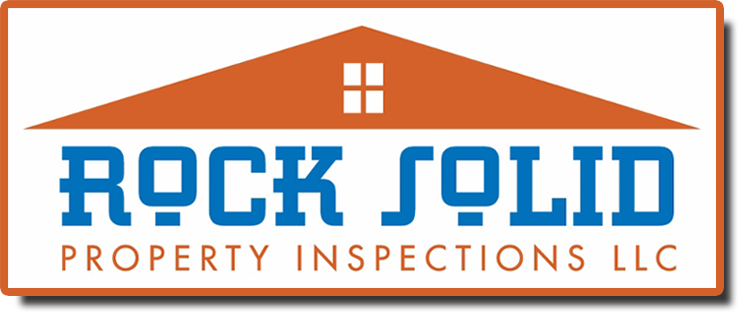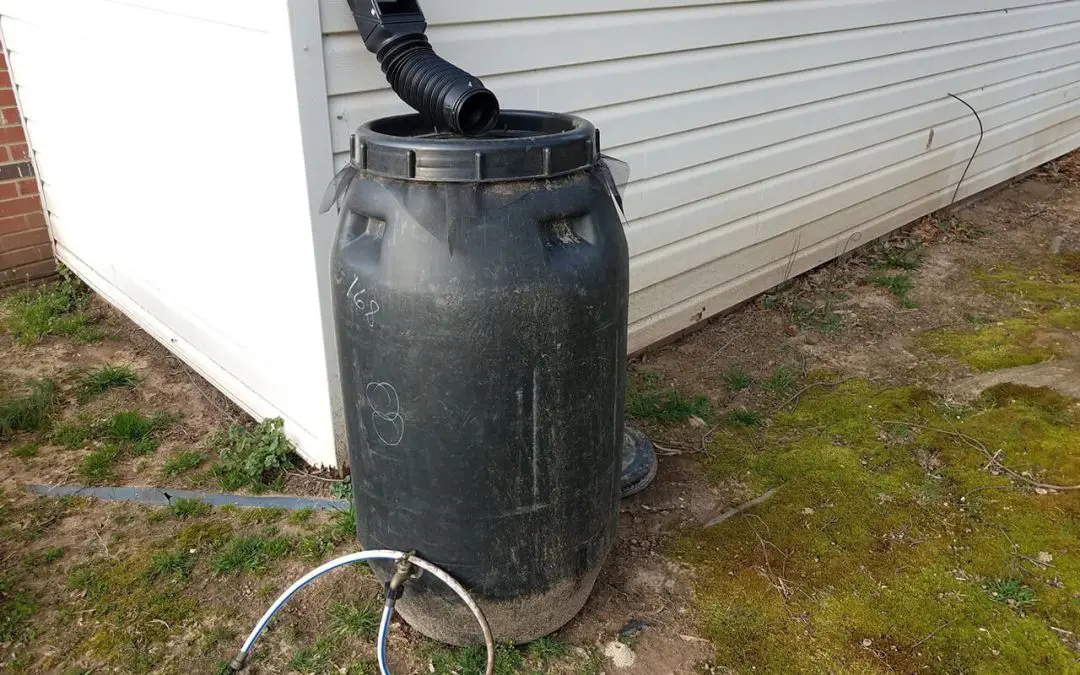Water conservation is becoming increasingly crucial, and adopting water-saving habits at home is a small yet impactful contribution each of us can make. In this blog post, we’ll explore various methods to save water at home, from simple changes in daily routines to implementing water-efficient technologies.
1. Fix Leaks Promptly to Save Water at Home
Leaky faucets and pipes waste gallons of water over time. Address leaks promptly by repairing or replacing faulty fixtures. A dripping faucet may seem minor, but the cumulative impact is substantial.
2. Install Low-Flow Faucets and Showerheads
Upgrade your faucets and showerheads to low-flow options. These fixtures maintain water pressure while using less water, making them an easy and effective way to reduce water consumption.
3. Save Water at Home with Water-Efficient Appliances
When it’s time to replace household appliances, opt for water-efficient models. Look for the WaterSense label for faucets, toilets, and showerheads, indicating products certified for water efficiency. High-efficiency washing machines and dishwashers also help conserve water during daily chores.
4. Collect Rainwater for Outdoor Use
Use rain barrels to collect rainwater from your roof. This harvested water can be used for watering plants, gardens, or even washing outdoor surfaces. It’s a simple yet effective way to reduce reliance on treated water for non-potable purposes.
5. Water Plants Wisely to Save Water at Home
Adjust your gardening habits to conserve water. Water plants in the early morning or late evening to minimize evaporation. Use a soaker hose or drip irrigation system to deliver water directly to plant roots, reducing wasteful runoff.
6. Implement Xeriscaping
Consider xeriscaping, a landscaping approach that emphasizes water conservation. Choose drought-resistant plants, install mulch to retain soil moisture, and design your outdoor space to minimize watering needs. Xeriscaping not only saves water but also reduces maintenance requirements.
7. Time Your Showers
Shortening your shower time can significantly reduce water usage. Consider installing a shower timer or using a waterproof clock to keep track of your shower duration. Also, install a low-flow showerhead for added efficiency.
8. Only Run Full Loads
Whether it’s the dishwasher or the washing machine, only run these appliances when you have a full load. This not only conserves water but also reduces energy consumption, making it a win-win for both the environment and your utility bills.
9. Turn Off the Tap to Save Water at Home
Be mindful of water usage while performing daily tasks. Turn off the tap while brushing your teeth, washing your face, or scrubbing dishes. Letting the water run unnecessarily leads to significant waste.
10. Reuse Water
Get creative with water reuse. For example, collect the water used while rinsing fruits and vegetables, and use it to water plants. This not only conserves water but also minimizes the environmental impact of excess water entering the sewer system.
By incorporating these water-saving methods into your daily routine, you not only contribute to the conservation of this precious resource but also create a more sustainable and eco-friendly home.
FAQs
Can using low-flow fixtures really make a significant impact?
Yes, low-flow fixtures make a substantial difference. They maintain water pressure while using less water, leading to significant savings over time. A family of four can save thousands of gallons annually by using water-efficient faucets, showerheads, and toilets.
How often should I check for leaks in my home?
Regularly check for leaks by inspecting faucets, pipes, and toilets and paying attention to moldy smells and water stains. Conduct a leak detection audit at least once a year, and address any issues promptly.
Is it worth investing in a high-efficiency washing machine?
Yes, high-efficiency washing machines use less water and energy per load, making them a worthwhile investment for water conservation and energy efficiency.
Can I use rainwater collected from my roof for indoor purposes?
It’s not advisable to use rainwater collected from the roof for indoor purposes, especially drinking. However, you can safely use it for outdoor activities like watering plants, cleaning, or washing your car.
Are there any government incentives for water-efficient upgrades?
Check with local utilities and government programs for potential incentives or rebates for water-efficient upgrades. Many regions offer financial incentives to encourage residents to adopt water-saving practices.
Rock Solid Property Inspections offers home inspections for customers in the Dallas-Fort Worth area. Contact us to request our services.

